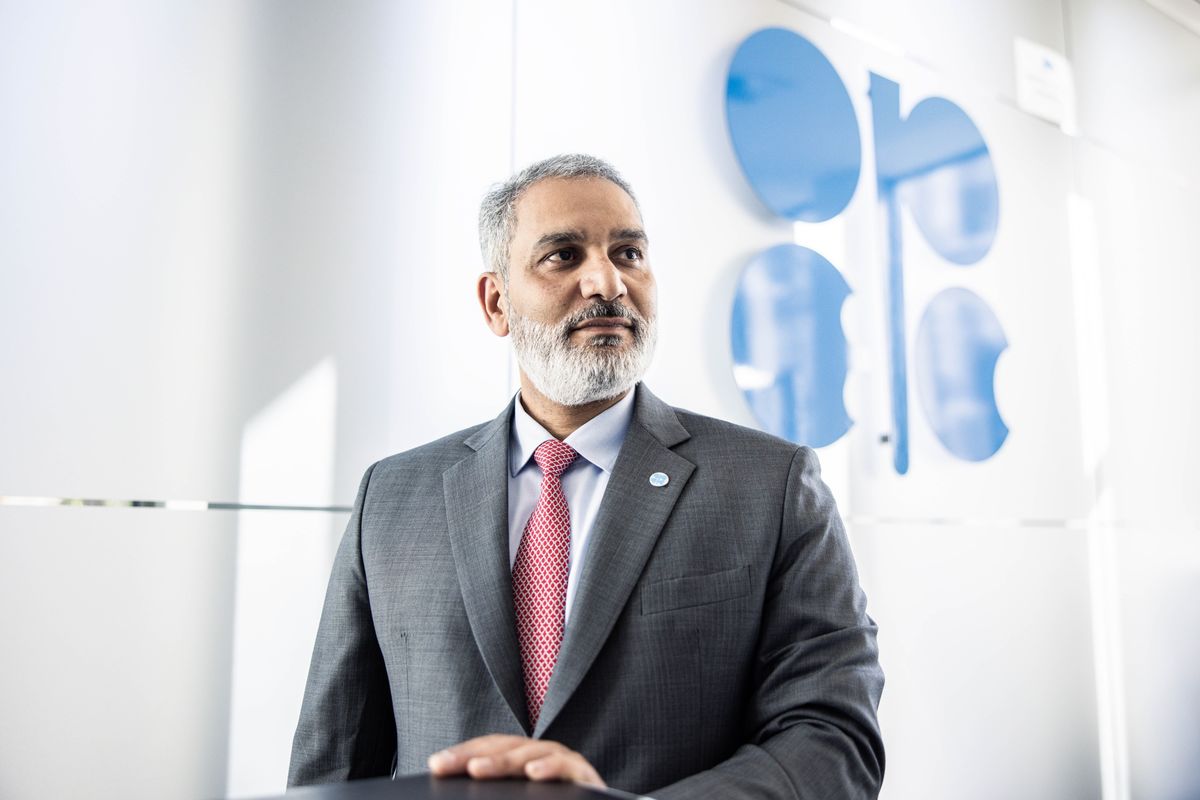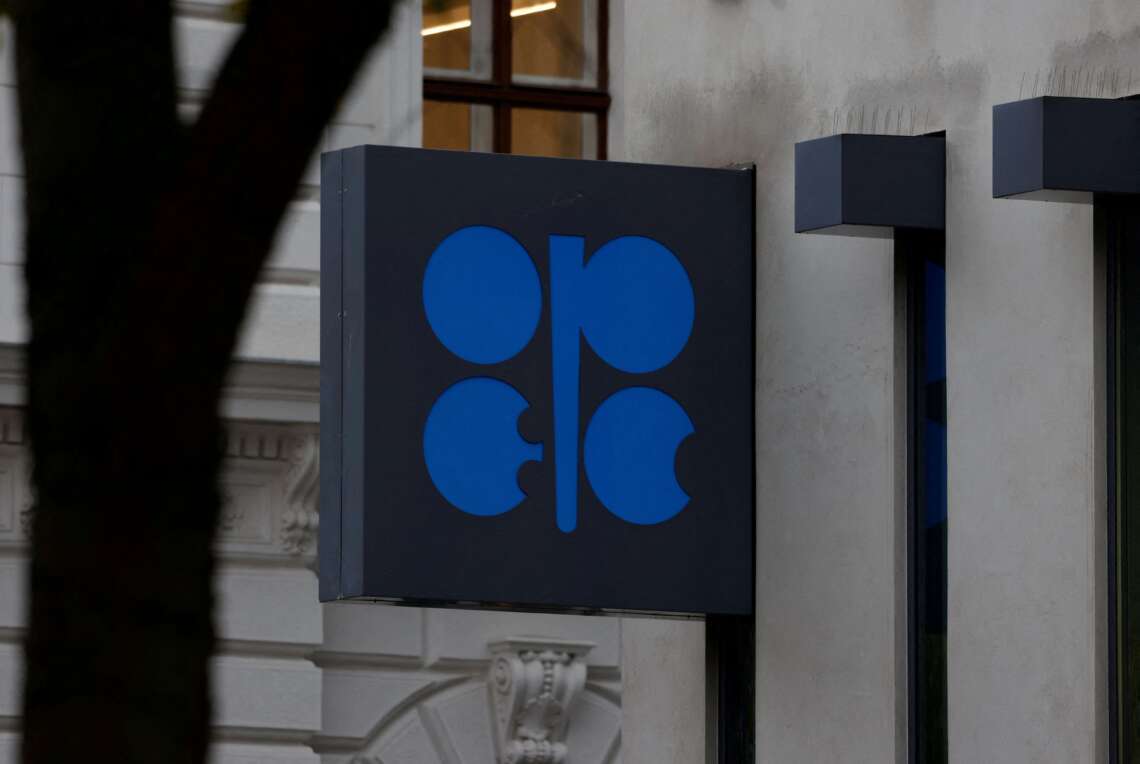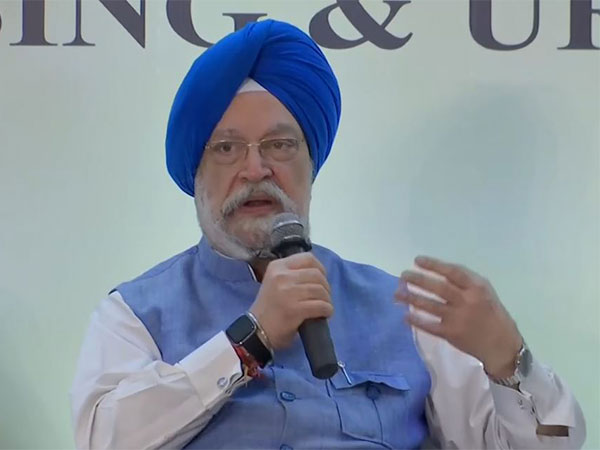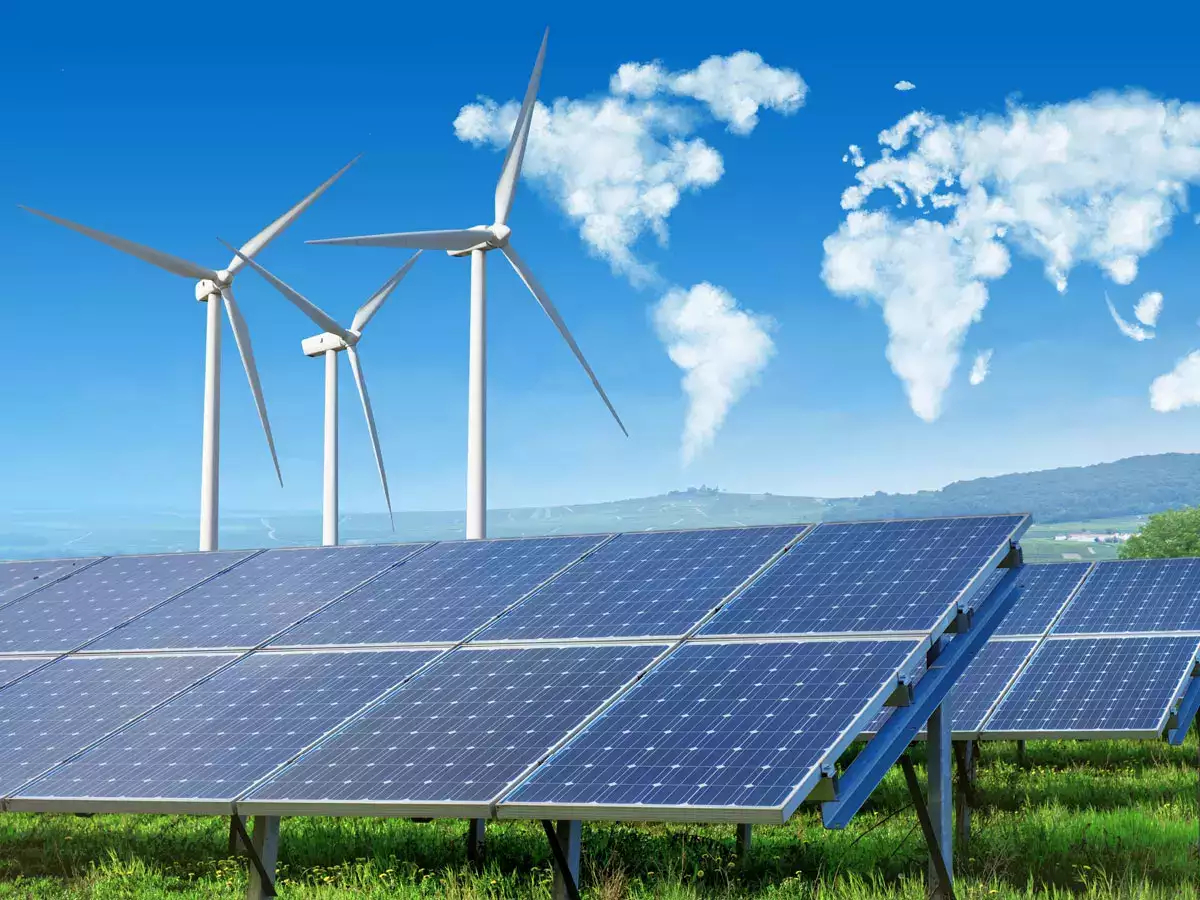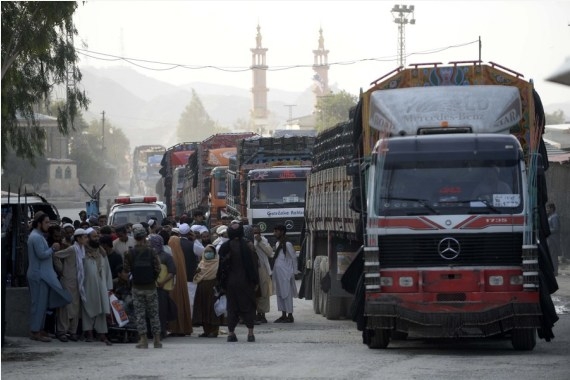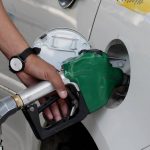OPEC Secretary General said the oil and gas industry, which will retain its share as a critical component of the energy mix, must transform and decarbonise operations…reports Asian Lite News
Haitham Al Ghais, Secretary General of the Organisation of the Petroleum Exporting Countries (OPEC), has said that the energy industry needs considerable investment to meet rising global demand and ensure market stability as energy security concerns return to the fore.
He said the oil and gas industry, which will retain its share as a critical component of the energy mix, must transform and decarbonise operations.
As COP28 comes up in Dubai later this year, “We at OPEC stand fully behind the UAE to bring on board everybody,” he said during the annual CERAWeek global energy forum in Houston.
Security of supply
“The key thing that we focus on is always trying to make sure that there is stability, there’s adequate supply to the market,” said the Secretary General, warning of the “underinvestment” in hydrocarbons.
“We’ve seen a significant shortfall in investments in the oil sector,” he said.
It can take a long time to come into actual energy production since the typical span is a “few years at best” and up to seven years before new projects come online, he explained.
As the global economy doubles in size, energy demand will increase by 23 percent, but “there is no imaginable way renewables can alone do this (meet the demand),” he told the audience, Xinhua news agency reported.
Stating that the energy industry needs $12.1 trillion in capital investment, Ghais said, “Unless this happens, I’m afraid, honestly, that we could be facing issues in the future with regard to energy security and, accordingly, affordability.”
“We are investing already, and we urge and call others to invest. It’s a global responsibility that OPEC cannot shoulder on its own,” he added.
Security of demand
Ghais said it is not a concern that Russia redirects its crude oil exports while Middle East exports are increasingly going to Europe, citing his 30 years of experience in the industry.
“It’s quite normal to see this,” he said, “We’ve always seen redirection of flows, whether it’s related to geopolitical events or demand centers being created and others disappearing. So this is typical where we have a redirection in flows from the east to the west or the west to the east.”
According to the forecast from OPEC, oil demand will increase by 2.3 million barrels a year, with the majority of the rise in demand coming from China and India, the Secretary General said, Xinhua news agency reported.
However, the global energy market is big enough despite improving demand, said Ghais.
“What concerns us more is actually the slowdown we see in Europe and the US in terms of the financial situation and the inflation,” he said, noting that a divided market is emerging on the demand side.
“There is phenomenal demand growth in Asia,” he said, and Russia’s oil production has been “resilient and managed to find new homes.”
He added that without the existence of OPEC and its allies, a group known as OPEC+, there would be more instability and volatility.
“With security of supply, there is also a requirement for security of demand, and the tools fit in together like hand and glove,” said the OPEC chief.
Energy transitions
OPEC sees energy transitions as “absolutely an opportunity,” Ghais said.
“I don’t think it’s a threat. Again, it was something that we are already embracing. We believe this is an opportunity for us to meet our Paris Agreement goals,” he said.
“I think it’s important to look at the whole issue of energy transition, which I prefer to call energy transitions, by the way, not transition, with a sense of reality. There is no one size fits all solution,” he added.
Ghais also said that energy transitions should “focus on different countries’ capabilities, circumstances, their potentials, their financial capabilities, and so forth.”
“When we talk about transition here in the US or in Europe, it means nothing to other people around different parts of the world. What we take here for granted, like switching on the light, is not available in many other parts of the world,” he said, noting that there are a million Africans who have no access to electricity.
The five-day CERAWeek will conclude on Friday and is focused on the dual challenges of meeting the world’s growing energy demand while reducing emissions.
More than 7,000 participants, including policymakers, industry leaders, company executives, investors and researchers from over 80 countries and regions, joined the forum, according to organiser S&P Global.


